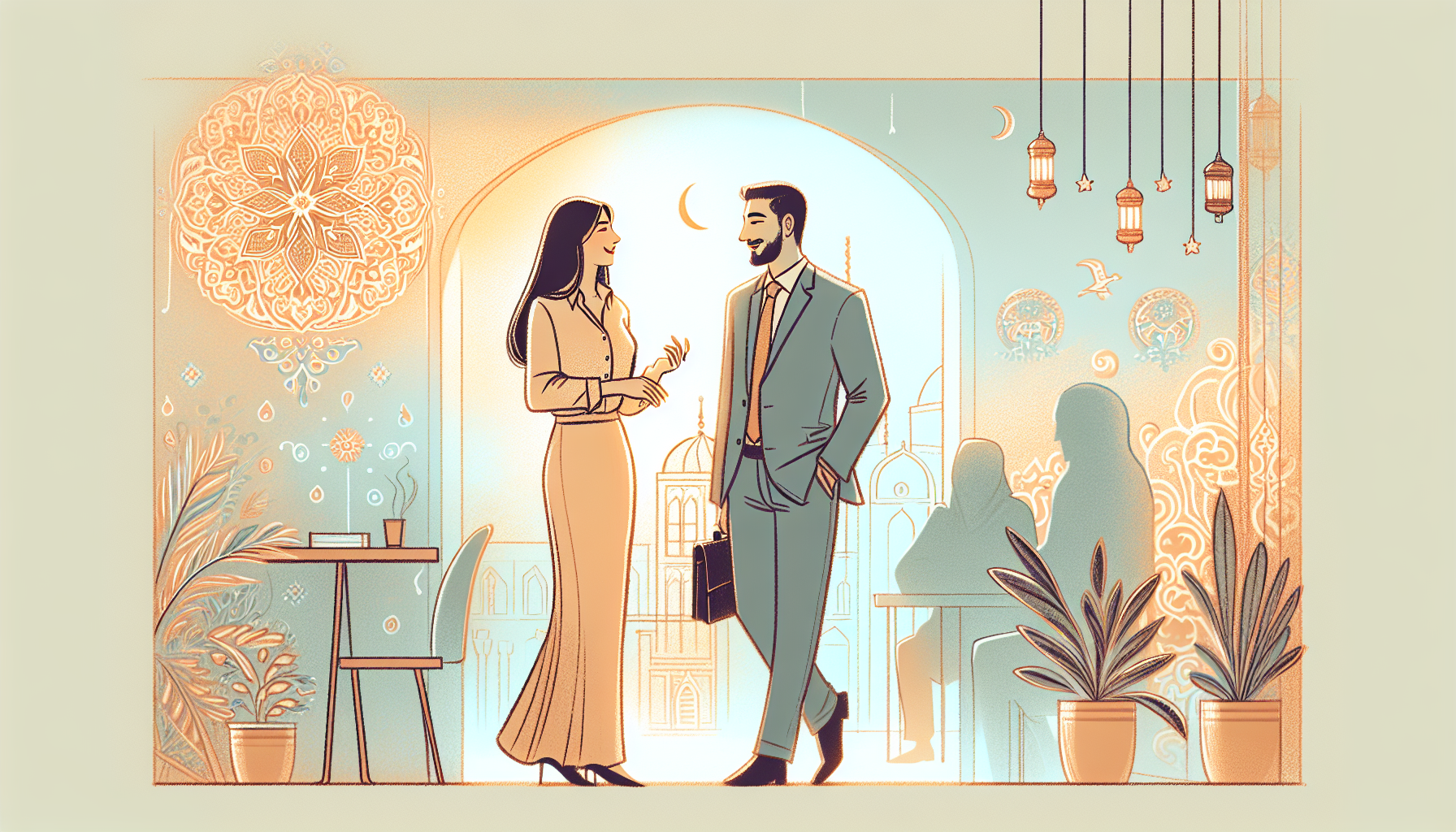Dress Codes and Workplace Policies: Adapting to Turkish Norms

Adapting to workplace policies in Türkiye can be both exciting and challenging for expats. Beyond understanding local labor laws, adjusting to cultural workplace norms—especially dress codes—is essential for professional success. Whether working in a corporate office, a technology firm, or a creative industry, understanding expectations helps create a smooth transition into the Turkish work environment.
Understanding Turkish Workplace Culture
Turkish workplaces bring together professionalism and a strong sense of tradition. While attitudes are modernizing, certain cultural values remain deeply embedded in daily work life.
- Respect for hierarchy: Many businesses emphasize seniority and rank.
- Emphasis on appearance: Professional presentation is valued in most industries.
- Work-life balance: While long working hours exist, personal relationships influence professional interactions.
Adjusting to these norms ensures smoother professional integration and fosters respectful working relationships.
Business and Corporate Attire
The corporate sector in Türkiye, particularly in finance, consulting, and law, maintains a conservative dress code. Employees are expected to reflect the company’s credibility through appearance.
- For men: Dark-colored suits, white or light-colored shirts, and polished shoes are standard.
- For women: Tailored dresses, skirts with blouses, or pant suits in neutral shades are common.
- Avoid casual wear: Even on dress-down days, business casual is preferred over jeans and sneakers.
Following these guidelines helps establish professionalism and credibility within the corporate environment.
Dress Codes in Creative and Tech Industries
Creative industries, startups, and IT companies in Türkiye adopt a more relaxed approach to dress codes. However, professionalism still plays a role in workplace expectations.
- Casual but polished: Smart jeans, blouses, or blazers create a balanced look.
- Industry flexibility: Tech companies allow more informal wear, but meetings still require professional attire.
- Company culture matters: Each company’s internal expectations may vary, so observing your colleagues helps set the right tone.
Adapting to this environment ensures balance between comfort and professional presence.
Sector-Specific Dress Policies
Certain industries have unique requirements based on cultural standards and safety regulations.
- Hospitality and tourism: Uniforms are common, emphasizing clean and well-groomed appearances.
- Education: Many teachers and academic professionals wear smart business casual attire.
- Healthcare: Medical professionals adhere to strict hygiene-based dress codes, typically scrubs or white coats.
Knowing these guidelines prevents misunderstandings and supports seamless workplace integration.
Workplace Policies Expats Should Know
Dress codes are just one aspect of workplace adaptation—expats should also familiarize themselves with broader policies.
- Time management: Punctuality is valued but meetings may start slightly late in some workplaces.
- Workplace interactions: Professional courtesy and hierarchy dictate communication style.
- Public holidays: Turkish national and religious holidays impact business schedules significantly.
Being aware of these workplace nuances helps expats integrate smoothly and maintain professional credibility.
Conclusion
Adjusting to workplace culture in Türkiye requires understanding dress codes, professional etiquette, and company policies. Embracing workplace expectations not only ensures compliance but also fosters positive working relationships. By observing company culture, being mindful of attire, and respecting workplace norms, expats can navigate the Turkish professional space with confidence and success.
